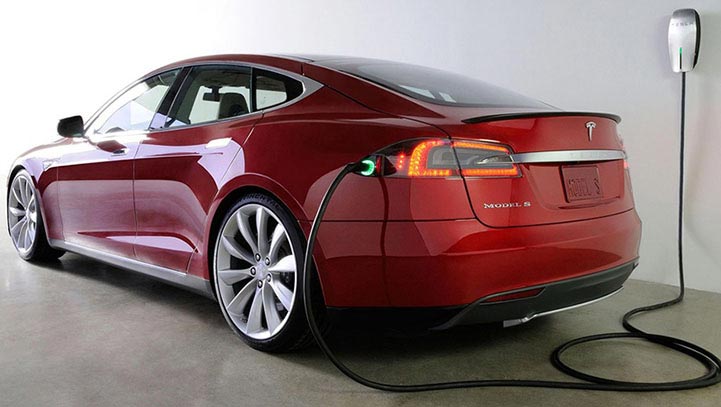
Environmental concerns are making their way more and more into U.S. public consciousness. And few states are feeling the need for major environmental change more than California. After all, this is a state that is in the middle of a historic and debilitating drought. On the automotive front, the most practical of the current options to reduce carbon emissions is to promote electric vehicles.
To jumpstart this process and raise awareness, California began offering a rebate program in 2010 to buyers of electric vehicles manufactured by such companies as Nissan and Tesla Motors. However, state regulators have now restricted the rebates to households earning less than $500,000 per year. Here’s what you need to know about the decision.
The figures
The Clean Vehicle Rebate Program, which is overseen by the California Air Resources Board, has so far given 242 million in rebates to over 100,000 folks who purchased hybrid or electric vehicles. This money comes from portions of the California smog fee and vehicle registration fees.
But although the cash comes from all California motorists, the subsidies seemed mostly to benefit the wealthy. A study from the Center for Sustainable Energy, showed that up until last May 6% of rebate recipients earned $500,000 a year or more. Some 28% earned between $200,000 and $499,000, and 43% earned between $100,000 and $199,999.
The fallout
What got the rebate so much attention was that most of the subsidies were going to folks who by any definition are wealthy (California’s average household income is $60,000.). Bob Huff, a Republican legislator from San Dimas, argued against diverting money from lower-income families to benefit wealthy drivers. Even staunch supporters of the rebate program, like Michelle Kinman, who works for Environment California, admits that the higher-end earners would have purchased their electric vehicle regardless of the rebate. With so much agreement on both sides, it only made sense to set an income cap on rebates.
The future
Despite setting the cap at $500,000 per household, many think it should be lower. A coalition of state environmentalists argued for a $400,000 cap, but the 12 members of the California Air Resources Board voted against it. The trickiest part of the issue is, obviously, cost. With a Tesla-model electric vehicle retailing for around $75,000, higher earners are naturally the target consumer base. But advocates for the rebates maintain that as time passes and the cost of these vehicles goes down, the rebates will be distributed much more equitably.
What do you think: should taxpayers foot the bill for electric vehicle subsidies, or should the auto companies be forced to subsidize themselves?






